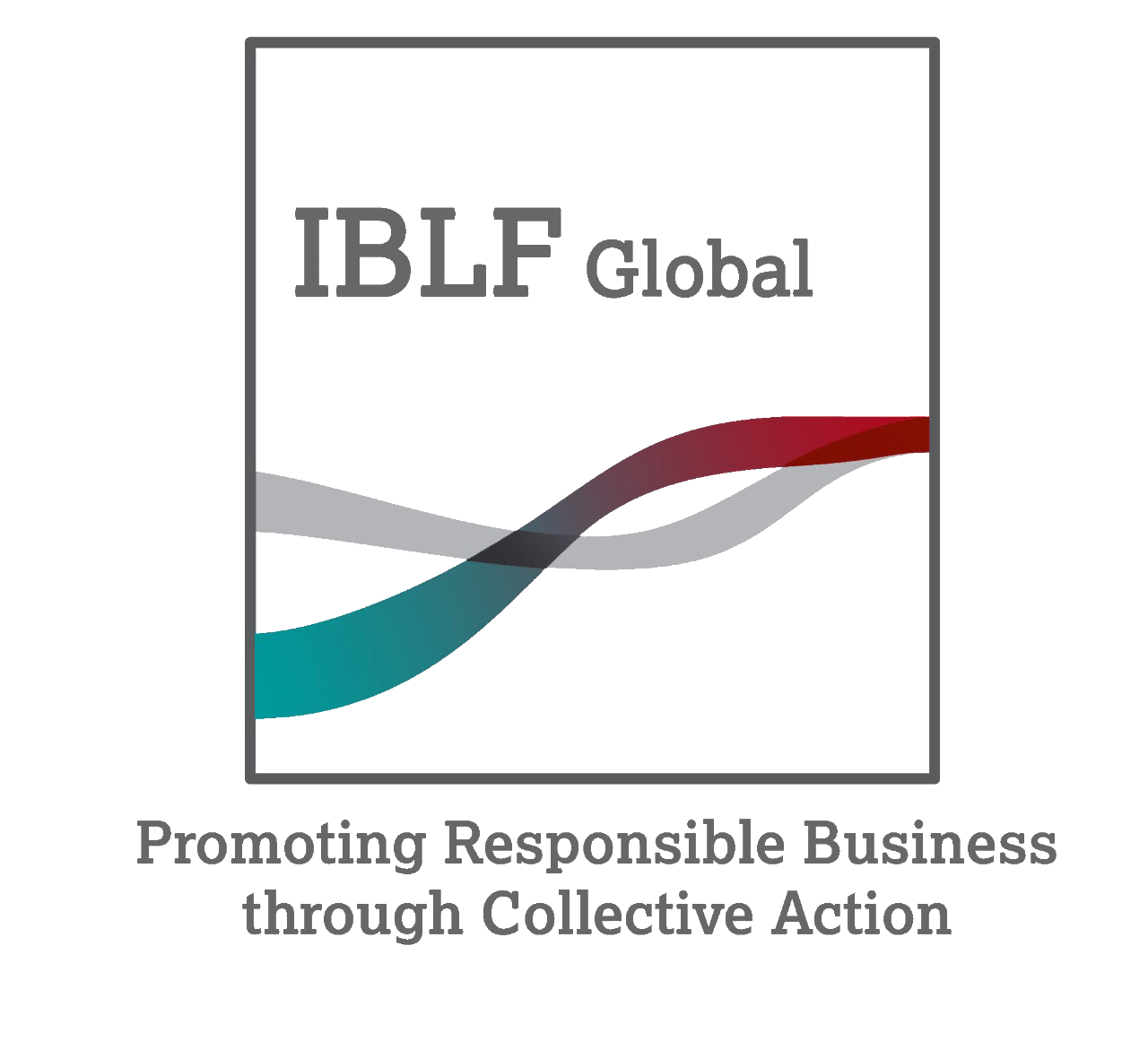Integrity and Compliance – A Fresh Perspective
6 June 2022
Integrity is often said to be how a person behaves when no-one is looking.
This holds an important clue to how businesses should be approaching the challenge of creating a corporate culture that is built on integrity.
The conventional route to ‘good behaviour’ in companies has been through measures to secure ‘compliance’. This presumes that management needs to remind employees that someone is constantly looking over their shoulders.
The same holds true in public life. The rise of the surveillance society points the way to ever more rules, and, beyond the economy, ever more ways of keeping an eye on citizens and untrustworthy employees to make sure they comply with them!
So what is the alternative to the ever more sophisticated ways of telling employees and citizens how they should behave while under surveillance?
How can integrity and values become the drivers of good behaviour, rather than just compliance with the rules?
We at IBLF Global believe that integrity is not an external value that can simply be imposed on people or the organisations they work for. When it is genuinely part of a company’s or an individual’s ethos, integrity will have grown from the inside, and will be driven by something deeper than ‘complying’ with a Code of Conduct or a set of rules.
In Vietnam, IBLF Global has been working with a major private healthcare group. Despite the company being in a “high risk” country and market, we found that the efforts of the management to cultivate a culture of integrity had paid off. We surveyed over 70% of the employees in three subsidiaries and found that while they may not have been aware of all the rules, they certainly knew what was right and wrong, and acted accordingly. As a result, the company was largely free of cases of corruption and fraud.
In many companies, employees often view compliance as an obstacle to business. In the Vietnamese hospital, the employees saw integrity as both the guardian and guarantor of business success, not as a hurdle standing in its way.
During IBLF Global’s recent stint as business integrity advisor to UNDP’s “FairBiz” project in Southeast Asia, we developed a series of integrity programmes for SMEs, the segment of the economies of developing countries most vulnerable to corruption.
Contrary to popular belief, we found that many small business owners and start-up entrepreneurs morally rejected the traditional business methods and appreciated the opportunity to learn new ways of doing business with integrity. They welcomed our imaginative training methods and interactive tools, like UNDP’s Business Integrity Toolkit for Young Entrepreneurs, mentoring of young entrepreneurs and a trainee Action Day.
For multinationals investing in these markets, where their local suppliers, distributors and agents have generally been considered an increasingly serious risk factor, this new approach to raising their local partners’ standards of governance and integrity management will be good news.
The challenge remaining is how to instil the values of integrity into government agencies and the large companies, especially the state-run enterprises, which still tolerate, and even promote, the traditional business model. Here, the rules need to be clear, unambiguous and well enforced; but the training in integrity and values is equally important.
From our years of experience in developing markets, our innovative approaches at IBLF Global have shown they can have impact on the culture of government, for example advising public officials on legal reform or corruption prevention methods, or convening policy dialogues between government and business to find workable solutions to the problem of corruption.
The Government-Business Integrity Initiative in Vietnam, which we helped to develop in 2016, is a good example. It remains the preferred platform for collective action in business integrity in that country.
Over recent years, IBLF Global has developed distinctive content and ways of working in some of the world’s most difficult operating environments. Our policy work with governments has brought the best international experience to anti-corruption agencies, The dialogues between public and private sectors have promoted better understanding of the impact of legislation on the private sector. Our collective action projects have led to government and business working together to find solutions to the problem of corruption. In the private sector, our specially designed surveys for employees and suppliers have helped companies strengthen their compliance programmes and minimise risk in their supply chains. Our interactive training webinars have provided inspiration to dozens of SMEs to begin to raise governance standards.
We have developed deep working relationships with the key stakeholders. Our collaborative experience with business organisations, international agencies, civil society and governments has put us in a unique position to draw together the interests – and contributions – of each.
And we are beginning to have impact. Gradually, in governments and companies in the countries where we are working, there is an increasing understanding that integrity is not a burden or a cost to business or society, but rather a vital route to growing - and sustaining - successful commercial and social outcomes.

Article by Chairman of IBLF Global, Phil Mason

